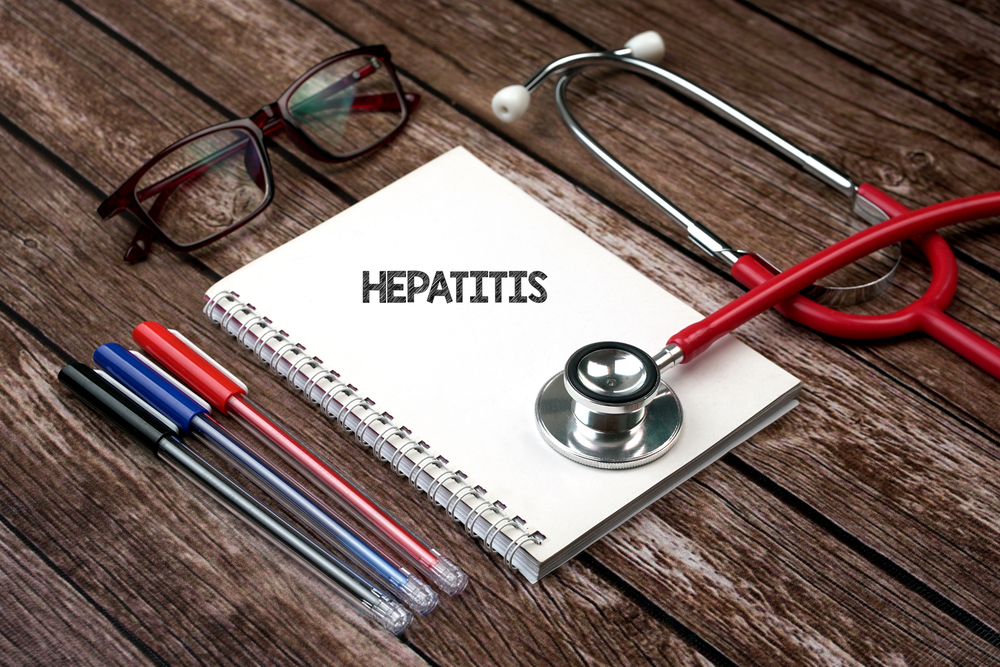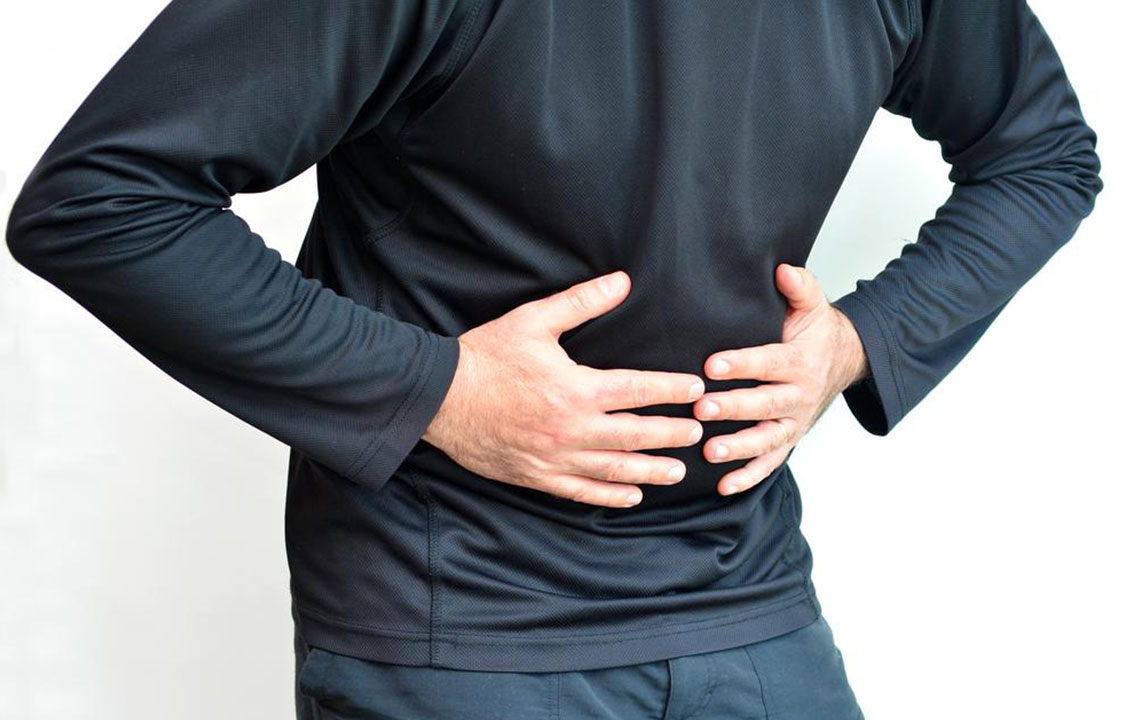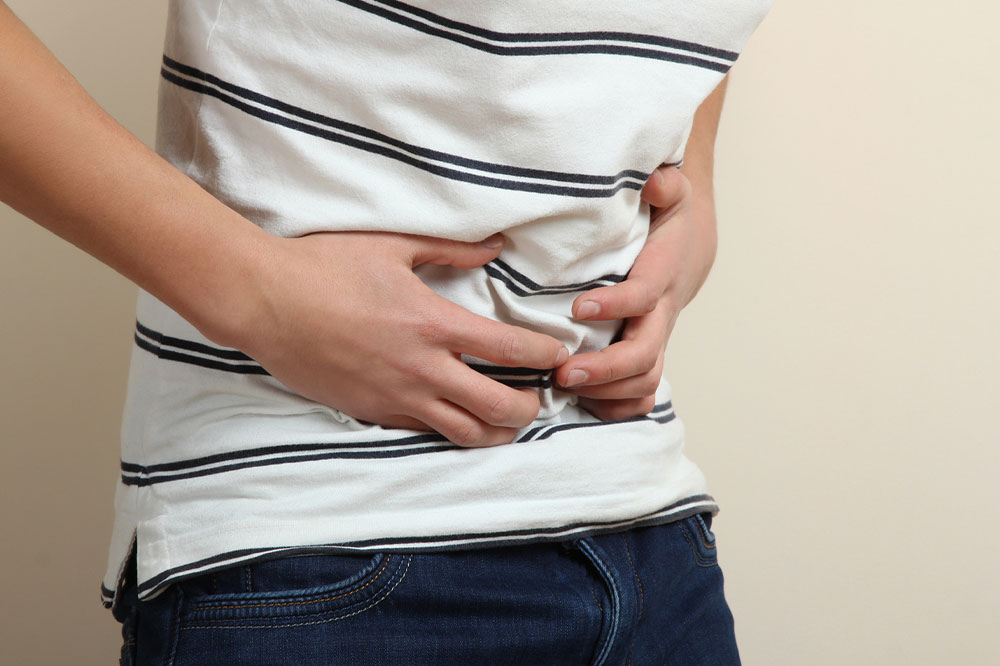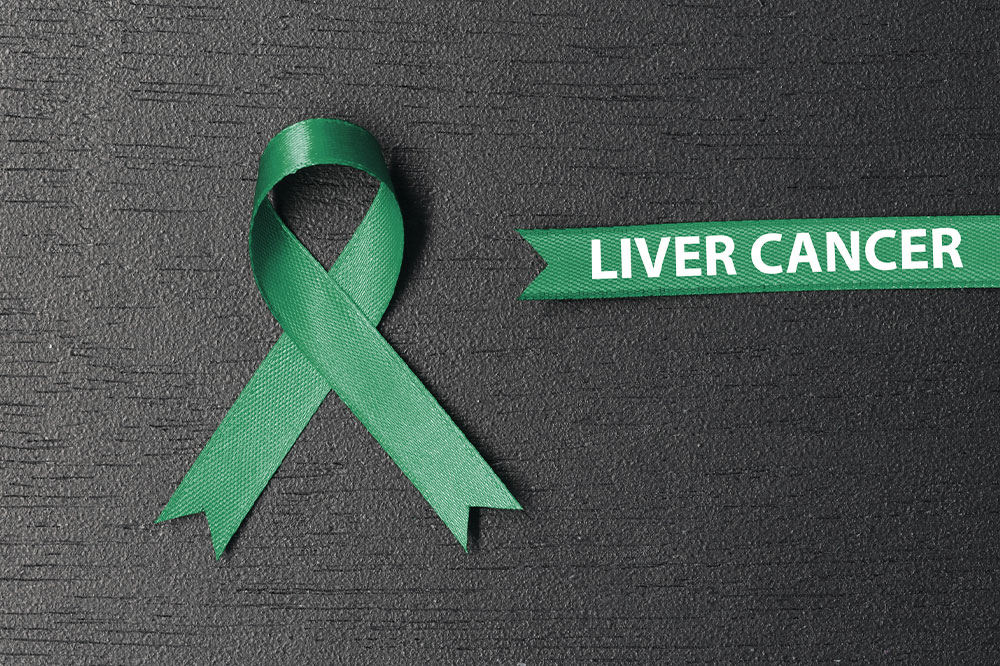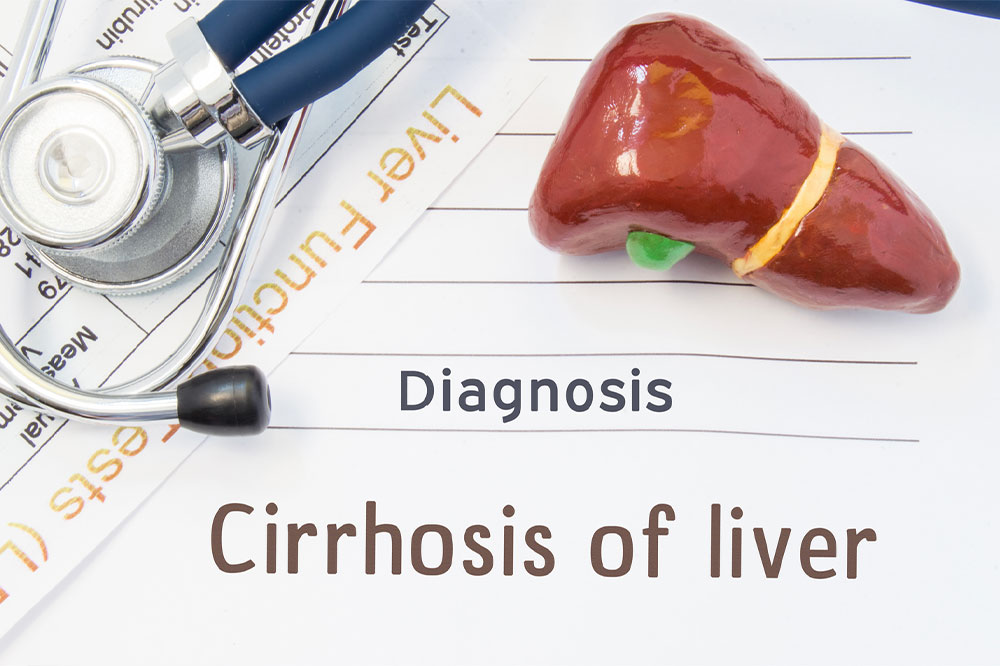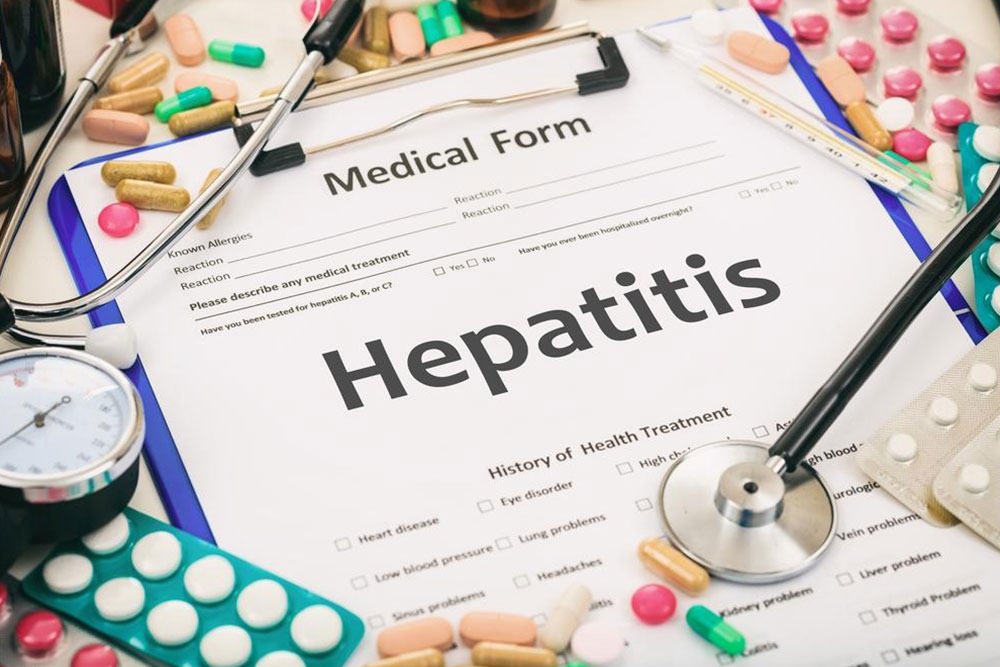Comprehensive Guide to Managing Fatty Liver Disease with Lifestyle Changes and Nutritional Strategies
This comprehensive guide explores effective lifestyle and dietary strategies to manage and reverse fatty liver disease. It emphasizes regular exercise, herbal remedies, and a nutritious diet rich in anti-inflammatory foods, promoting liver health and preventing disease progression through sustainable habits.
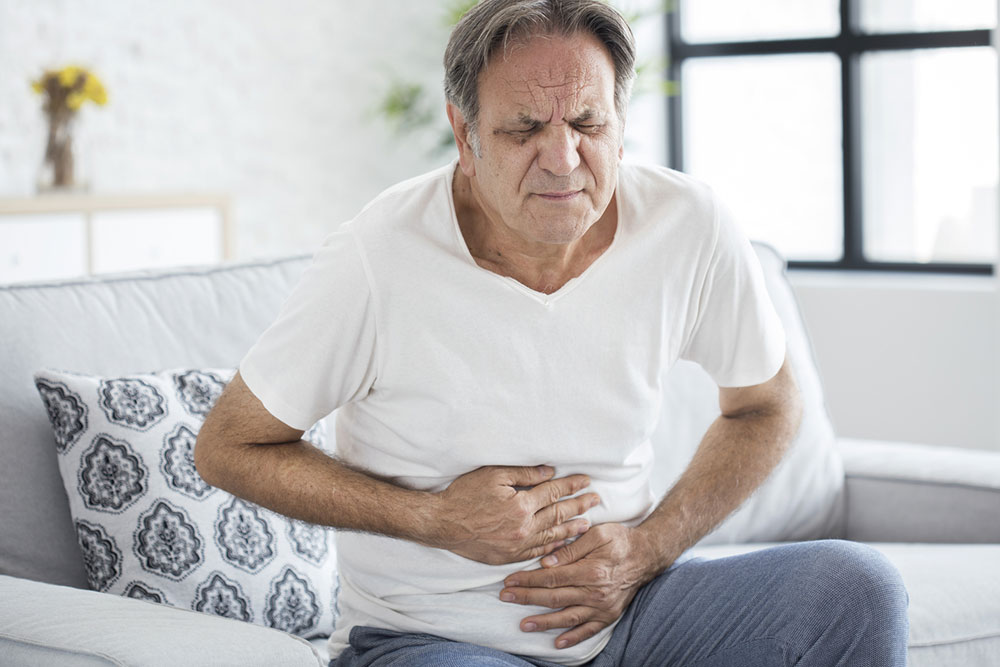
Comprehensive Guide to Managing Fatty Liver Disease with Lifestyle Changes and Nutritional Strategies
Fatty liver disease, medically known as hepatic steatosis, is a prevalent condition characterized by the excessive accumulation of fat within liver cells. The liver plays a vital role in metabolism, detoxification, and nutrient processing; when its ability to metabolize fats is compromised, fat begins to accumulate, leading to various health complications. If left unmanaged, fatty liver can progress to more severe liver conditions such as inflammation, fibrosis, and even cirrhosis. Therefore, early intervention through lifestyle and dietary modifications is essential for controlling and potentially reversing this condition.
Understanding Fatty Liver Disease
Fatty liver disease can develop due to multiple factors, including obesity, insulin resistance, high-sugar diets, alcohol intake, and certain medications. Non-alcoholic fatty liver disease (NAFLD) is the most common form, affecting individuals who consume little to no alcohol. The disease often remains asymptomatic initially, making early detection challenging. However, symptoms such as fatigue, abdominal discomfort, and elevated liver enzymes can indicate underlying liver issues. Diagnostic tools include blood tests, ultrasounds, and sometimes liver biopsies to assess severity.
Effective management hinges on addressing the root causes through lifestyle adjustments, medical monitoring, and dietary changes. This comprehensive approach can significantly reduce liver fat content, improve liver function, and prevent disease progression.
1. Incorporate Regular Physical Activity
One of the most effective strategies in managing fatty liver disease is engaging in consistent exercise routines. The inability of the liver to efficiently metabolize fats contributes to their excessive accumulation; therefore, physical activity plays a pivotal role in reversing these effects. Engaging in regular exercise helps to burn excess calories, promotes weight loss, and reduces the amount of fat stored in the liver, leading to improved hepatic health.
Optimal exercises for this purpose include moderate-intensity activities such as brisk walking, jogging, cycling, swimming, and aerobic workouts. These activities should ideally be performed for at least 30 minutes a day, five days a week. Consistency is key, as regular physical activity not only aids in weight management but also improves insulin sensitivity, reduces inflammation, and promotes overall metabolic health. Incorporating strength training exercises can further enhance muscle mass and improve glucose metabolism, benefiting individuals with fatty liver disease.
Besides exercise, moderate coffee consumption has been linked to liver health benefits. Coffee contains bioactive compounds that can stimulate anti-inflammatory pathways, reduce liver enzyme levels, and decrease the risk of fibrosis and cirrhosis in fatty liver conditions. To maximize these benefits, it is advisable to consume coffee without excessive sugar or creamers, which can add unnecessary calories and undermine health efforts.
2. Utilize Herbal Remedies and Natural Teas
Herbal remedies have gained popularity as supportive treatments for liver health. Certain herbs, including turmeric and milk thistle, contain compounds that possess anti-inflammatory, antioxidant, and hepatoprotective properties. Turmeric’s active component, curcumin, has been extensively studied for its ability to reduce inflammation and oxidative stress in the liver, thereby potentially decreasing fibrosis markers. Milk thistle, on the other hand, helps promote the regeneration of liver cells and supports detoxification processes.
Before incorporating herbal supplements or teas into your regimen, it is crucial to consult a healthcare professional to ensure safety, proper dosing, and compatibility with existing treatments.
Dietary Adjustments for Fatty Liver Recovery
Diet plays a pivotal role in the management and potential reversal of fatty liver disease. A diet rich in specific nutrients can help reduce liver fat, promote regeneration, and prevent further damage.
Foods to Emphasize:
Garlic – Rich in antioxidants such as allicin, raw garlic can assist in reducing liver fat and has anti-inflammatory effects, especially beneficial during early disease stages.
Leafy Greens – Spinach, kale, and other dark leafy vegetables contain compounds that support detoxification pathways and may help reverse fatty liver changes.
Omega-3 Fatty Acids – Found abundantly in fatty fish like salmon, mackerel, sardines, and in plant-based sources such as flaxseeds, chia seeds, walnuts, and oils like olive and avocado. Omega-3s are known to reduce liver fat levels and improve lipid profiles.
High-Fiber Foods – Beans, lentils, oats, whole grains, and fiber-rich vegetables aid in detoxification, improve insulin sensitivity, and support overall liver health.
Antioxidant-Rich Foods – Berries, nuts, sunflower seeds, and almonds supply vitamin E and other antioxidants that combat oxidative stress in hepatic tissues.
Foods to Limit or Avoid:
Processed Sugars – Sweets, candies, baked goods, and sugary beverages significantly contribute to fat accumulation and insulin resistance.
Fried and Salty Foods – These increase calorie intake and induce inflammation, exacerbating liver fat levels.
Refined Carbohydrates – White bread, white rice, and pasta have minimal fiber and cause blood sugar spikes, worsening fatty liver conditions.
Adopting a balanced diet that focuses on whole, unprocessed foods combined with regular physical activity can substantially improve outcomes for those with fatty liver disease. Combining these lifestyle modifications with periodic medical supervision enhances the chance of reversing early-stage fatty liver and preventing progression to more serious liver diseases.
